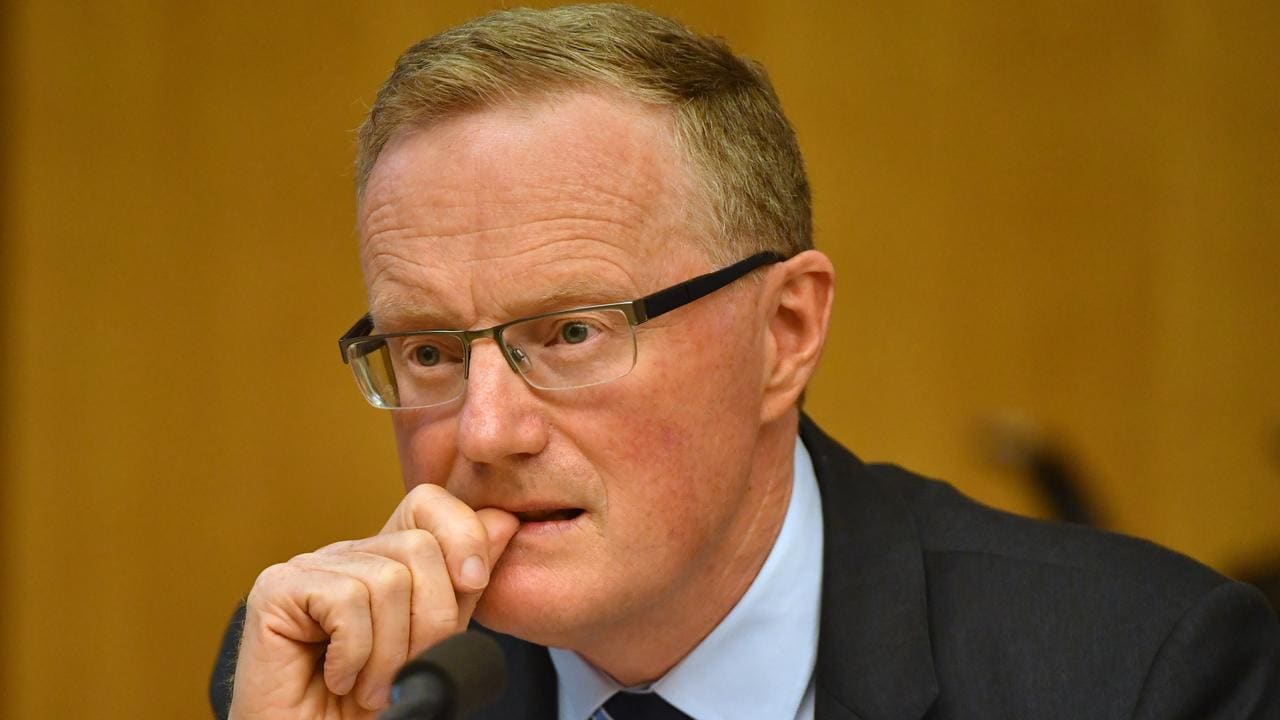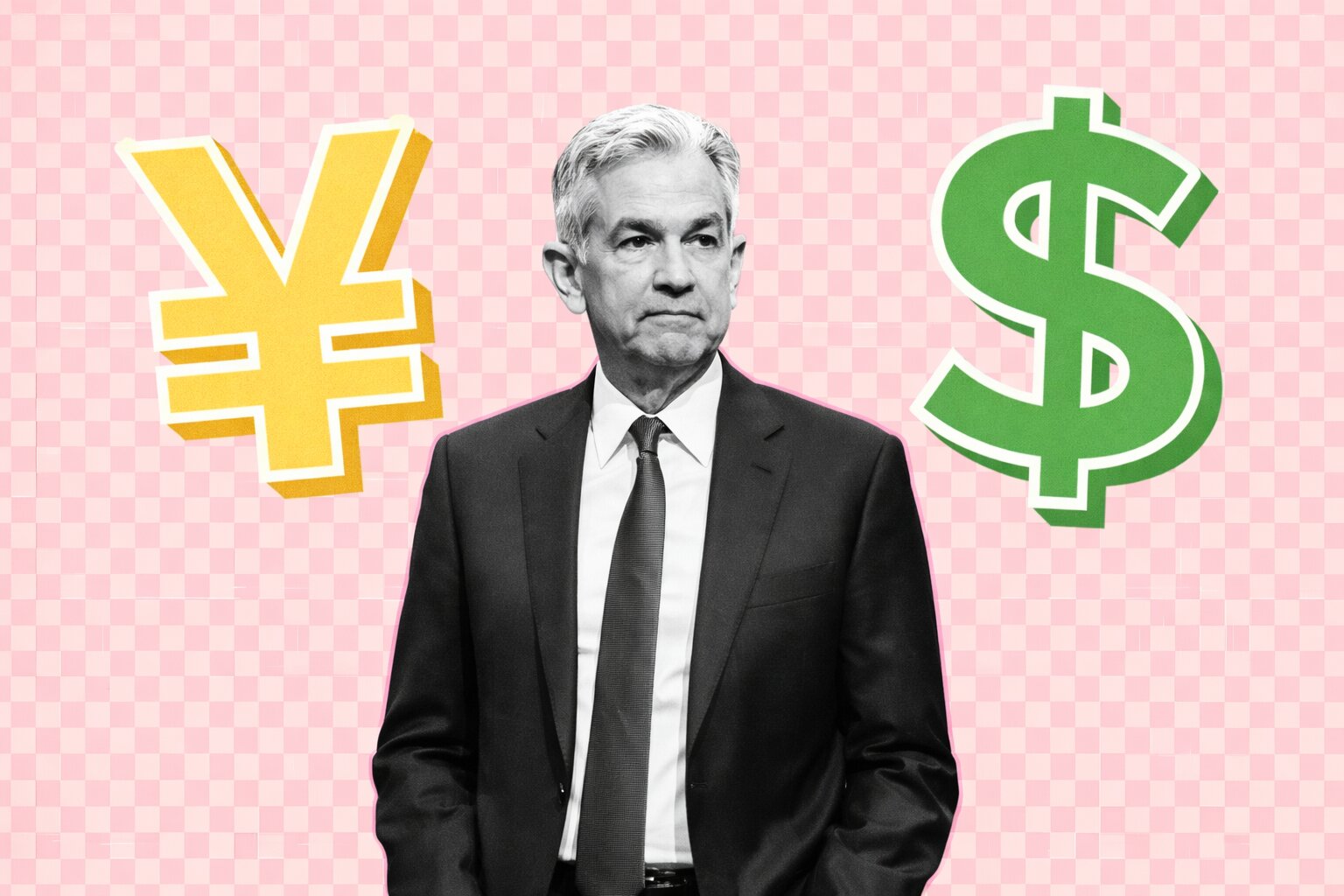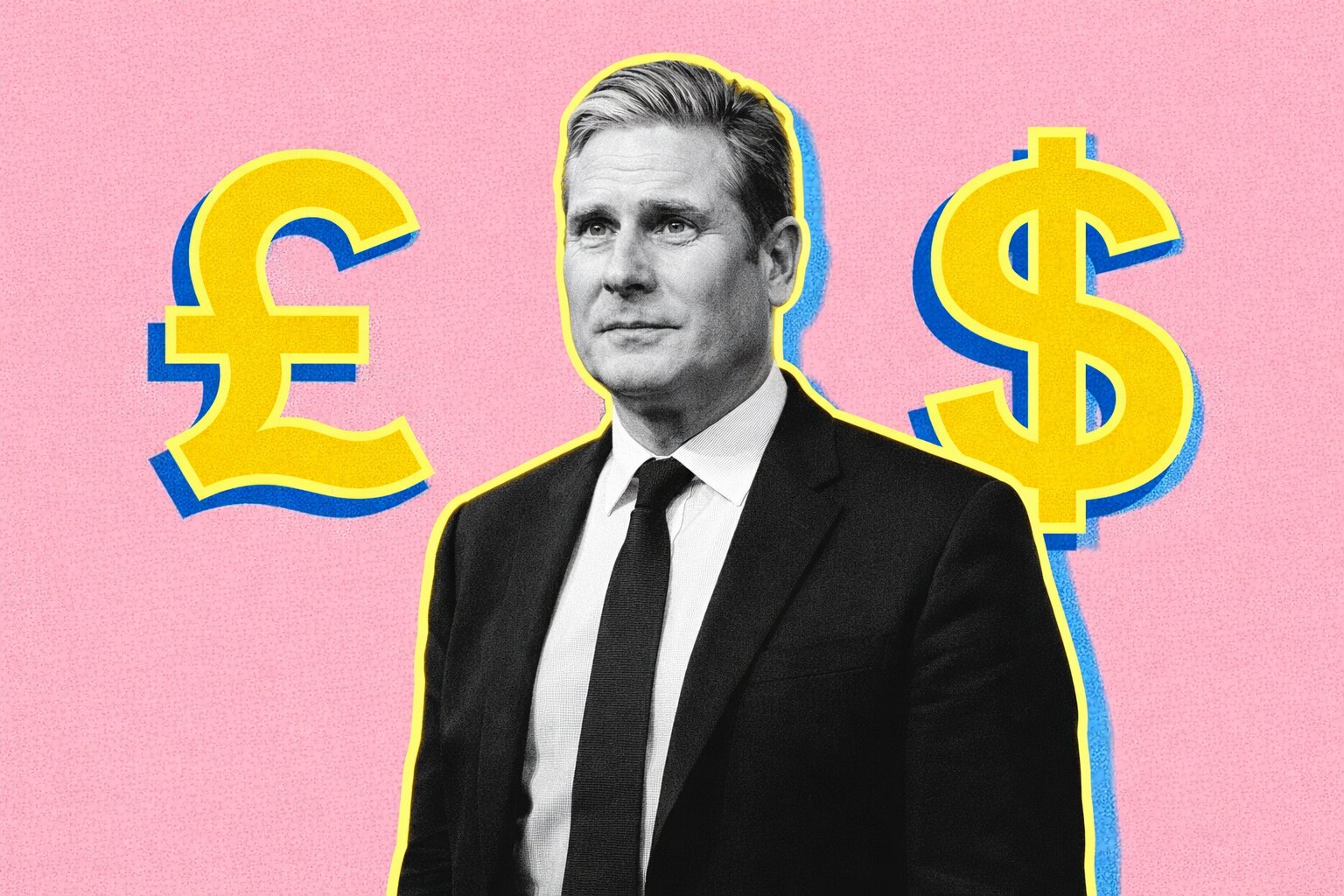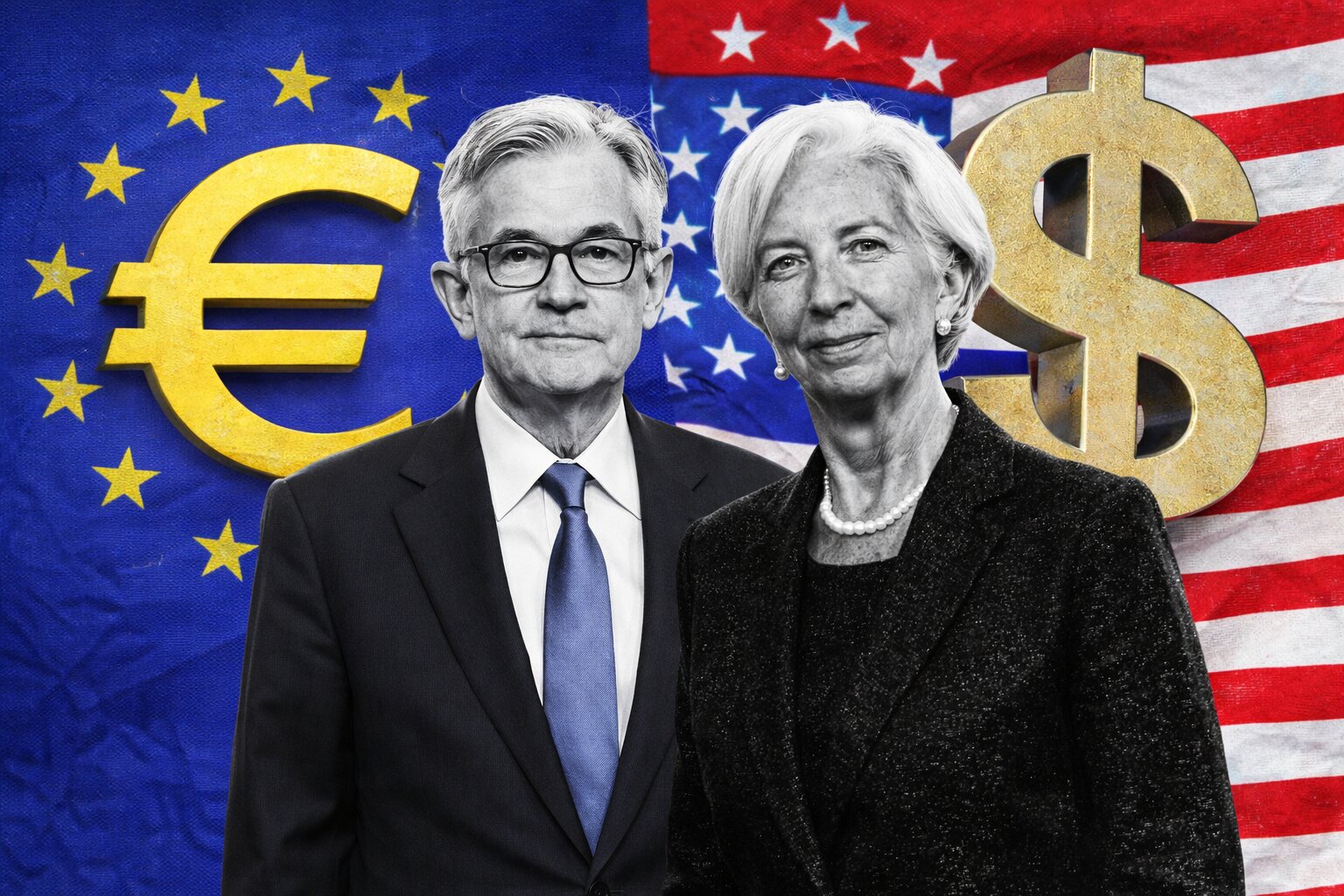
RBA Governor warns of rising rents and interest rates due to housing supply strain
Philip Lowe predicts ongoing housing supply shortage as population growth surges, warning of further interest rate increases and higher rent costs for Australian households
The Reserve Bank of Australia (RBA) governor, Philip Lowe, recently gave a speech warning that not enough homes are being built to house an influx of migrants, predicting that rents will continue to rise and put pressure on household budgets. Lowe also cautioned that households should expect more interest rate hikes, especially if businesses continue to increase prices or workers demand higher pay rises.
According to research house SQM, the cost of renting a property has rapidly increased, making it the second-largest component of the Consumer Price Index. Advertised rents have risen by 11.5% over the past 12 months, while only 1% of rental properties are available for lease.
Lowe's speech followed the RBA's decision to pause on its fastest tightening cycle in decades. The bank is trying to lift interest rates enough to engineer a return to its 2% to 3% inflation target without sparking a sharp increase in unemployment. However, Lowe noted that this increase in mortgage rates has had a significant effect on household budgets, and he anticipates that required mortgage payments will reach a new record high of almost 10% of household disposable income by the end of next year.
Lowe also mentioned that Australia's population growth has picked up sharply and is expected to reach around 2% soon, which is close to the peak reached during the resources boom. He emphasized that the construction industry's "fairly modest" response to the demand surge means that the housing market could remain out of balance for years.
The RBA is focused on bringing down inflation, which sits at 6.8%, down to its target of 2% to 3%. The board expects that some further tightening of monetary policy may well be needed to return inflation to target within a reasonable time frame. Lowe emphasized that further rate hikes are far more likely in the short term than any rate cuts, but the decisions would be made "month-to-month." He also acknowledged that overseas banking disruptions have had an impact on global economic growth and may weigh on Australia's economic growth.
In terms of the labor market, Lowe warned that large price or wage increases could force the bank's hand into "a more decisive monetary policy response." It is important that wage increases remain broadly consistent with the inflation target and that a widening of profit margins does not become a source of ongoing upward pressure on prices.
In summary, Lowe's speech highlighted the challenges Australia faces in managing population growth, rising inflation, and household budget pressures. While the RBA has paused its rate hikes for now, further tightening of monetary policy may still be needed to return inflation to its target range. The board will continue to assess the impact of rate rises on the economy, and the flow of data, including the quarterly inflation figure, will determine whether the RBA needs to make further adjustments.
Read More
-
GPIQ ETF Price Forecast: Can a 10% Yield at $52 Survive the Next Nasdaq Selloff?
09.02.2026 · TradingNEWS ArchiveStocks
-
XRP ETF Price Forecast: XRPI at $8.32, XRPR at $11.86 as $44.95M Inflows Defy BTC and ETH Outflows
09.02.2026 · TradingNEWS ArchiveCrypto
-
Natural Gas Futures Price Forecast: Will The $3.00 Floor Hold After The $7 Winter Spike?
09.02.2026 · TradingNEWS ArchiveCommodities
-
Stock Market Today: Dow Back Under 50K While S&P 500 and Nasdaq Push Higher as Gold Reclaims $5,000
09.02.2026 · TradingNEWS ArchiveMarkets
-
USD/JPY Price Forecast: Can Bulls Clear 157.5 Without Triggering a 160 Intervention Line?
09.02.2026 · TradingNEWS ArchiveForex



















